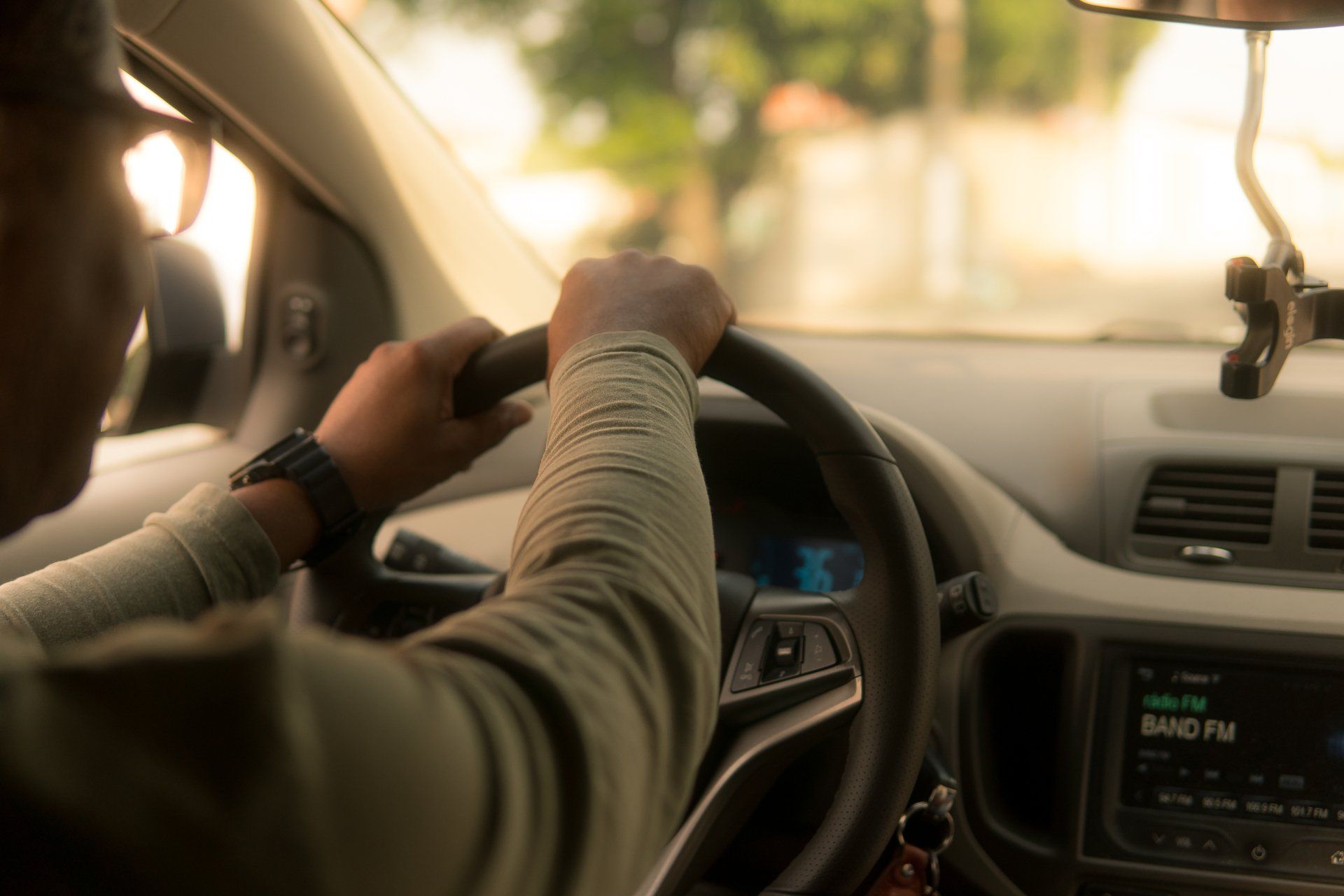Navigating U-Visas and VAWA
Navigating U-Visas and VAWA
U-Visas play a crucial role in encouraging victims of certain crimes to come forward and cooperate with law enforcement while providing them with protection and a pathway to lawful immigration status in the United States. It's important to consult with an immigration attorney or accredited representative to understand the specific requirements and procedures for applying for a U-Visa.
In this blog, we are going to talk about what U-Visas and VAWA are, eligibility, benefits, and more.
1. What is a U-Visa?
- A U-Visa is a nonimmigrant visa that is available to victims of specific crimes who have suffered mental or physical abuse and are willing to cooperate with law enforcement authorities in the investigation or prosecution of those crimes.
2. Eligibility Criteria:
- To be eligible for a U-Visa, an applicant must meet the following criteria:
- Be a victim of a qualifying crime, which includes offenses such as domestic violence, sexual assault, human trafficking, and more.
- Have suffered substantial physical or mental abuse as a result of the crime.
- Possess information about the crime and be willing to assist law enforcement in the investigation or prosecution of the crime.
- Be admissible to the United States or eligible for a waiver of inadmissibility.
3. Benefits of U-Visas:
- U-Visa holders receive several benefits, including:
- Legal status to live and work in the United States for up to four years.
- The ability to apply for permanent residency (a green card) after three years of continuous U-Visa status.
- Access to certain public benefits.
- Protection from deportation while the U-Visa application is pending.
4. Law Enforcement Certification:
- To apply for a U-Visa, victims must obtain a law enforcement certification (Form I-918, Supplement B) from a certifying agency. This certification attests to the victim's cooperation in the investigation or prosecution of the crime.
5. Cap and Waitlist:
- There is an annual cap of 10,000 U-Visas issued each fiscal year. When this cap is reached, additional eligible applicants are placed on a waiting list. However, they are provided deferred action to remain in the United States while waiting for a U-Visa to become available.
6. Derivative U-Visas:
- Certain family members of U-Visa applicants may be eligible for derivative U-Visas, including spouses, children, and, in some cases, parents.
7. Applying for Permanent Residency:
- U-Visa holders can apply for a green card (permanent residency) after three years of continuous physical presence in the United States while holding U-Visa status. This process is known as adjustment of status.
8. Confidentiality and Protections:
- The information provided by U-Visa applicants to law enforcement is typically kept confidential to protect the applicant's safety. There are also provisions in place to protect victims from retaliation.
9. Legal Assistance:
- It is highly recommended that U-Visa applicants seek the assistance of an experienced immigration attorney to navigate the application process and ensure that all required documentation is submitted correctly.
10. Continuous Presence Requirement:
- U-Visa holders must maintain continuous physical presence in the United States to be eligible for permanent residency. Brief departures may be allowed with the appropriate travel authorization.
The Violence Against Women Act (VAWA) is a significant piece of legislation in U.S. immigration law that provides protection and immigration relief to victims of domestic violence and certain other crimes. VAWA was first enacted in 1994 and has been reauthorized several times with amendments to expand its scope. Here's some key information about VAWA in immigration law:
1. Purpose of VAWA:
- VAWA was initially designed to address issues of domestic violence, dating violence, sexual assault, and stalking, primarily affecting women. It aims to provide protection to victims and encourage them to come forward, regardless of their immigration status.
2. Eligibility Criteria:
- To be eligible for immigration relief under VAWA, an applicant must establish the following:
- They are the victim of battery or extreme cruelty by a U.S. citizen or lawful permanent resident spouse or parent.
- They have a qualifying familial relationship with the abuser (spouse, parent, or child).
- They have good moral character.
- They have lived with the abuser at some point.
- They have been physically present in the United States.
- They are eligible to be granted relief despite being in the country unlawfully.
3. Forms of Relief under VAWA:
- VAWA provides several forms of immigration relief, including:
- Self-petitioning: Eligible victims can file a self-petition (Form I-360) without the abuser's knowledge or consent.
- Suspension of deportation: In cases where deportation proceedings have already begun, VAWA may be used as a defense.
- Adjustment of status: VAWA self-petitioners may be eligible to apply for lawful permanent residency (a green card).
- Work authorization: VAWA self-petitioners can often obtain work authorization while their applications are pending.
4. Confidentiality Protections:
- VAWA prioritizes the confidentiality and safety of victims. USCIS does not disclose information about VAWA self-petitioners to the abuser, and the abuser cannot access the victim's immigration file.
5. Protections Against Retaliation:
- VAWA includes provisions to protect victims from retaliation by the abuser for seeking immigration relief.
6. Battered Spouse Waiver:
- In addition to self-petitions, VAWA also allows spouses and children of U.S. citizens or lawful permanent residents who are in the process of obtaining a green card but face abuse from the petitioner to seek a waiver of certain immigration requirements.
7. U Visa Certification:
- VAWA self-petitioners who are also victims of certain crimes may be eligible to apply for a U-Visa and seek law enforcement certification from agencies involved in their case.
8. Age-Out Protections:
- VAWA provides protections for children who age out of eligibility during the application process to prevent them from losing their immigration benefits.
9. VAWA Reauthorization:
- VAWA has been reauthorized several times, with each reauthorization expanding protections and eligibility criteria. It is essential to stay updated on the latest provisions and requirements.
VAWA is a crucial legal tool that helps survivors of domestic violence and abuse break free from abusive situations while providing them with a pathway to legal status and protection from deportation. Victims of abuse who believe they may be eligible for VAWA relief should consult with an immigration attorney or an accredited representative to understand their options and navigate the application process.
Wheeler Law is available to answer any other questions you may have, and/or help you take the next steps to your, or your loved ones, future. Wheeler Law works hard to defend your legal rights and keep families together. Call us now to schedule a consultation: (602) 586-5625.
Follow us on
social media for more tips about U-Visas and VAWA.







